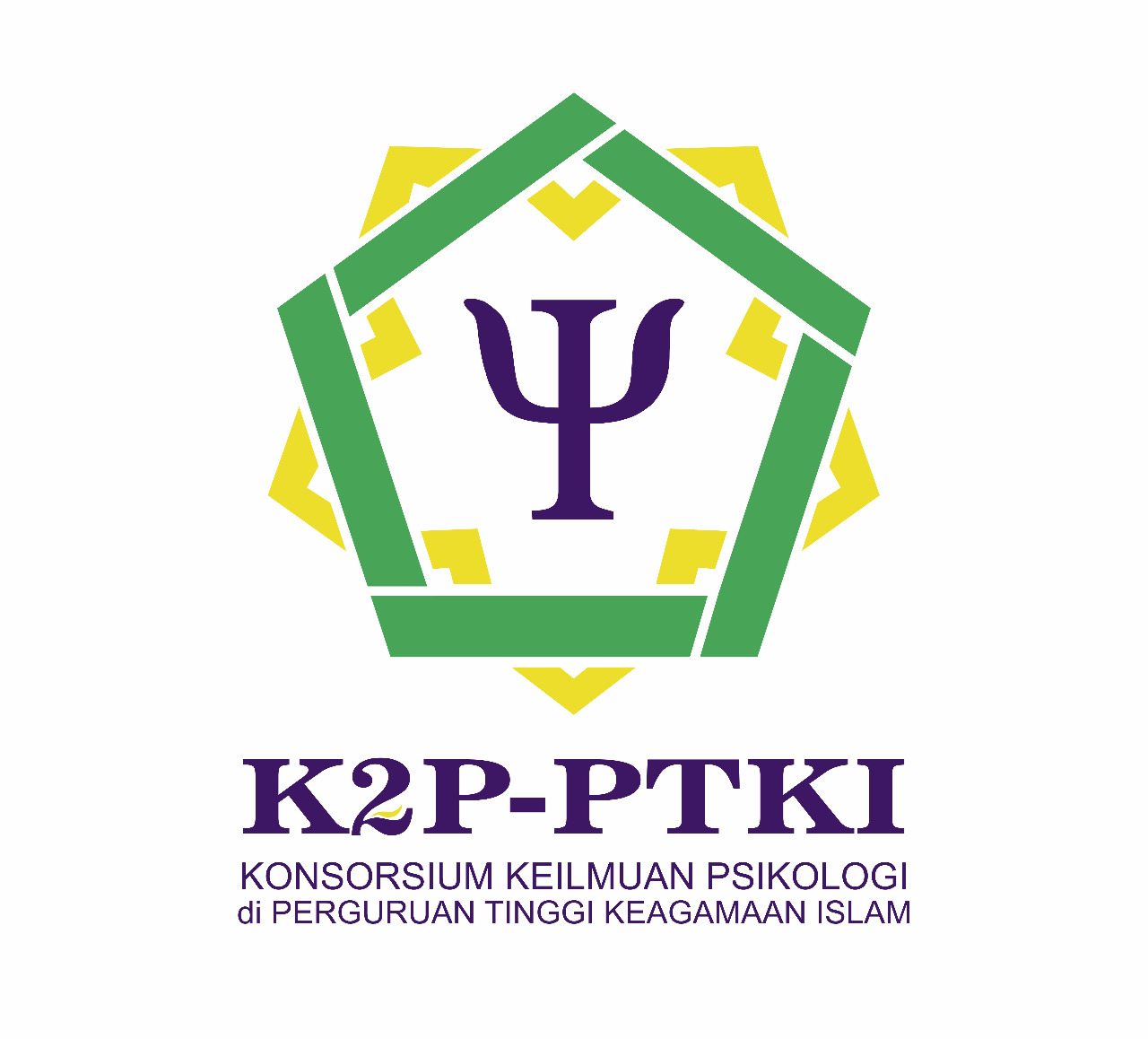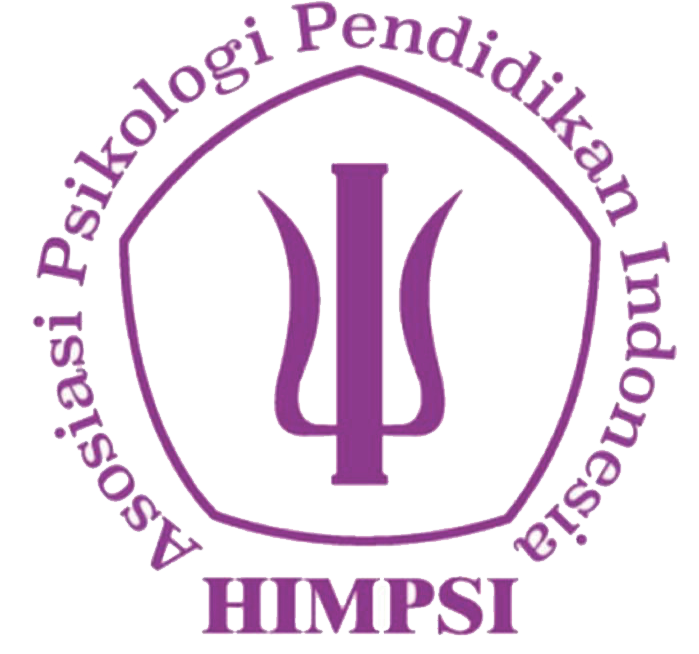Task Commitment Analysis of Zenius Certified Independent Study Program Participants Batch II
Abstract
Keywords
Full Text:
PDFReferences
A'isyah, T. (2022). Pengaruh kemampuan inteligensi dan task commitment terhadap prestasi belajar matematika siswa kelas VIII MTs hidayatul mustafidin dawe kudus tahun ajaran 2020/2021. Undergraduate thesis, IAIN KUDUS. Anggraini, V., & S, N. (2020). The task commitment on student. Journal of Counseling, Education and Society, 1(1), 13. https://doi.org/10.29210/08jces45200 Arsyad, A. T., & Widuhung, S. D. (2022). Dampak merdeka belajar kampus merdeka terhadap kualitas mahasiswa. Jurnal Al Azhar Indonesia Seri Ilmu Sosial, 3(2), 88. https://doi.org/10.36722/jaiss.v3i2.1027 Bhakti, Y. B., Simorangkir, M. R. R., Tjalla, A., & Sutisna, A. (2022). Kendala implementasi kebijakan merdeka belajar kampus merdeka (MBKM) di perguruan tinggi. Research and Development Journal of Education, 8(2), 783. https://doi.org/10.30998/rdje.v8i2.12865 Fadilah, M. N. (2021). Gambaran task commitment siswa SMPN 3 Besuki pada masa pandemi covid-19. http://repository.unmuhjember.ac.id/id/eprint/12257 Hardani, Auliya Hikmatul Nur, Andriani Helmina, Fardani Asri Roushandy , Ustiawati Jumari, Utami Fatmi Evi, Sukmana Juliana Dhika, Istiqomah Rahmatul Ria. (2023). Metode penelitian kualitatif. Revista Brasileira de Linguística Aplicada (Vol. 5, Issue 1). CV. Pustaka Ilmu Group Yogyakarta. Hawadi, R. A. (2002). Identifikasi keberbakatan intelektual melalui metode non tes. Jakarta: Grasindo. Jayusman, I., & Shavab, O. A. K. (2020). Studi deskriptif kuantitatif tentang aktivitas belajar mahasiswa dengan menggunakan media pembelajaran edmodo dalam pembelajaran sejarah. Jurnal Artefak, 7(1), 13. http://dx.doi.org/10.25157/ja.v7i1.3180 Kim, W.-J., Byeon, J.-H., & Kwon, Y.-J. (2013). Development of an inventory to classify task commitment type in science learning and its application to classify students’ types. Journal of The Korean Association For Research In Science Education, 33(3), 679–693. https://doi.org/10.14697/jkase.2013.33.3.679 Kristiyanti, T. (2020). Self-regulated learning: Konsep, implikasi dan tantangannya bagi siswa di Indonesia. Yogyakarta: Sanata Dharma University Press. Merdeka, K. (n.d.). Studi Independen. https://kampusmerdeka.kemdikbud.go.id/program/studi-independen/detail Mufida, I. A., & Siswati, S. (2020). Hubungan antara regulasi diri dengan komitmen pada tugas pada mahasiswa Fakultas Teknik Arsitektur tahun kedua Universitas Diponegoro Semarang. Jurnal EMPATI, 8(4), 758–765. https://doi.org/10.14710/empati.2019.26520 Permatasari, D. (2019). Peningkatan task commitment pada pembelajaran matematika dengan model kooperatif tipe numbered head together (NHT) siswa kelas X TL4 SMK Negeri 3 Yogyakarta tahun pelajaran 2018/2019. Jurnal Pengembangan Pembelajaran Matematika, 1(2), 96–103. https://doi.org/10.14421/jppm.2019.12.96-103 Renzulli, J. S. (2021). The Three-ring conception of giftedness: A developmental model for promoting creative productivity 4. Reflections on Gifted Education: Critical Works by Joseph S. Renzulli and Colleagues (pp. 55–90). https://doi.org/10.4324/9781003237693-3 Ridha, A. A. (2018). Task commitment pada mahasiswa Suku Bugis yang merantau. Jurnal Psikologi, 45(1), 66–76. https://doi.org/10.22146/jpsi.31094 Subotnik, R. F., Olszewski-Kubilius, P., & Worrell, F. C. (2012). A proposed direction forward for gifted education based on psychological science. Gifted Child Quarterly, 56(4), 176–188. https://doi.org/10.1177/0016986212456079 Syarifa, A., Mustami’ah, D., & Sulistiani, W. (2011). Hubungan antara dukungan sosial orang tua dengan komitmen terhadap tugas (task commitment) pada siswa akselerasi tingkat SMA. Insan, 13(1), 1–11. Wardana, A., & Gilar Apriantika, S. (2021). Model kegiatan pembelajaran studi/proyek independen. Daerah Istimewa: Jurusan Pendidikan Sosiologi.
DOI: https://doi.org/10.18860/psikoislamika.v21i1.23382

This work is licensed under a Creative Commons Attribution-NonCommercial-ShareAlike 4.0 International License.


------------------------------------------------------------------------------------------

pSIKOISLAMIKA by http://ejournal.uin-malang.ac.id/index.php/psiko is licensed under a Creative Commons Attribution-NonCommercial-ShareAlike 4.0 International License.


.jpg)


.jpg)





